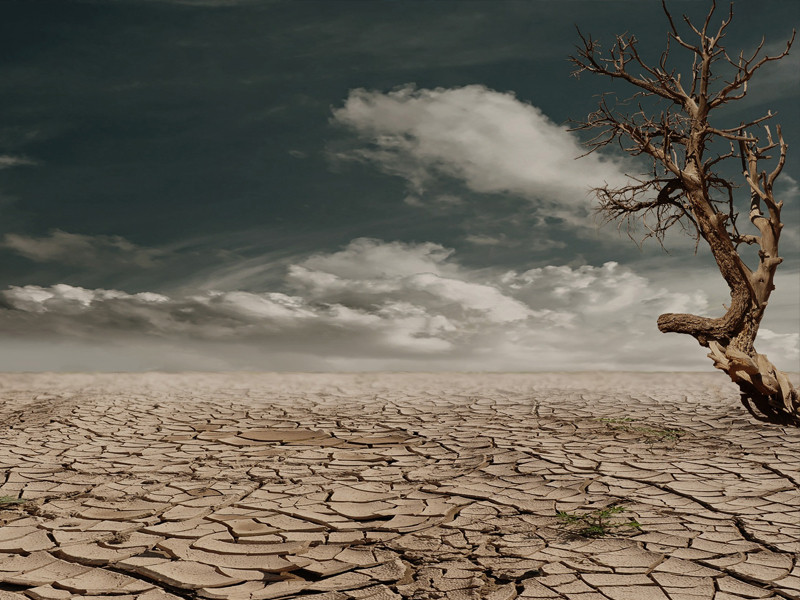Beirut: Governments should ensure that the conflict in Ukraine does not worsen the food crisis in the Middle East and North Africa and protect the right to affordable, adequate food for everyone, Human Rights Watch said today.
Both Ukraine and Russia are leading exporters of agricultural products to many Middle Eastern and North African countries, and disruptions related to the war are already exacerbating already-rising food prices and deepening poverty.
"Global food chains demand global solidarity in times of crisis," said Lama Fakih, executive Middle East and North Africa director at Human Rights Watch, in a media release on Monday.
"Without concerted action to address the supply and affordability of food, the conflict in Ukraine risks deepening the world’s food crisis, particularly in the Middle East and North Africa," Fakih added.
Under international human rights law, everyone has the right to access sufficient and adequate food needed to live a healthy and active life. To protect this right, governments are obligated to enact policies and provide appropriate support to ensure that all people can afford safe and nutritious food at all times. Russia’s invasion of Ukraine has already led to increases in the price of bread and other basic foods, particularly in the Middle Eastern and North African countries highly dependent on grain from Ukraine, and governments should act with urgency to protect the right to food.
The Black Sea area affected by the Ukrainian crisis exports at least 12 percent of the food calories traded in the world. Ukraine has one-third of the world’s most fertile soil according to the UN Food and Agriculture Organization (FAO), and 45 percent of its exports are agricultural-related. It is among the world’s leading exporters of sunflower oil, rapeseed and barley, corn, wheat, and poultry. A large part of the country’s wheat production comes from areas of eastern Ukraine where the current conflict is most intense.
On March 9, Ukraine banned exports of grain and other food products to prevent a domestic humanitarian crisis. Even if these supply chain disruptions are resolved soon, the problems would most likely persist because farmers are fleeing the fighting and the conflict is destroying infrastructure and equipment. The fighting could also gravely diminish the coming harvest, particularly if it continues into the start of the planting season in April.
Essential food prices were already increasing globally because of disruptions in the food supply chain caused by the pandemic and the conflict has added to that, according to the FAO. Many countries in the Middle East and North Africa are especially reliant on Ukrainian grain and seed oil, and vulnerable to food price shocks.
Cek Berita dan Artikel yang lain di Google News
FOLLOW US
Ikuti media sosial medcom.id dan dapatkan berbagai keuntungan



















